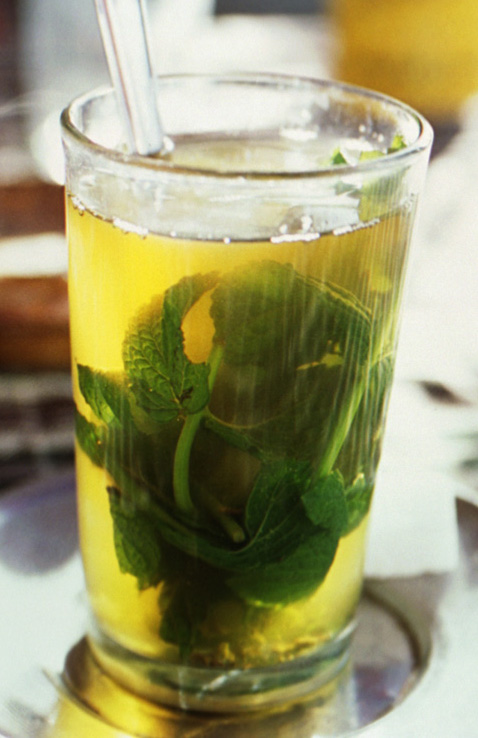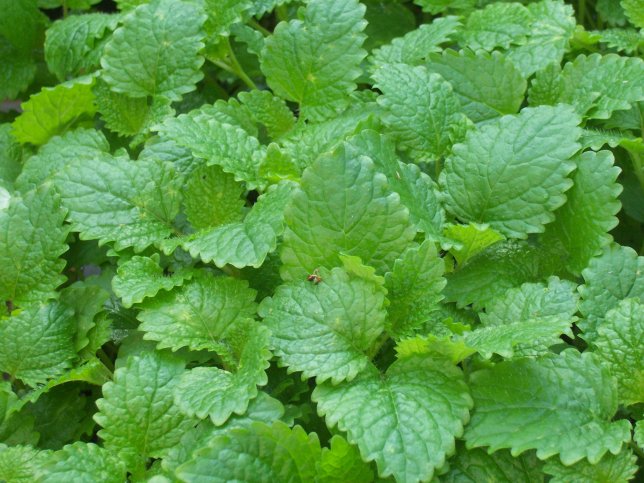Herbs to help you deal with the wildfire smoke
 Hello plant lovers,No doubt about it, it’s fire season in the pacific northwest. I pray that everyone reading this is safe from harm.As the old saying goes… where there’s fire, there’s smoke.(Ok, I know that’s a little backwards, but it’s a better segue like this)And the smoke from forest fires can drastically reduces air quality. Specifically, because the smoke carries with it fine particulate that we’re all breathing in. Yuck.
Hello plant lovers,No doubt about it, it’s fire season in the pacific northwest. I pray that everyone reading this is safe from harm.As the old saying goes… where there’s fire, there’s smoke.(Ok, I know that’s a little backwards, but it’s a better segue like this)And the smoke from forest fires can drastically reduces air quality. Specifically, because the smoke carries with it fine particulate that we’re all breathing in. Yuck. Right now, the amount of fine particulate in the air in the Nelson area is 3-4 times the standards set by the canadian government. I know it’s similar in many places. Here’s a link to the BC air quality page where you can check your region.Because of all this smoke, I’ve had a number of friends contact me asking for herbals suggestions to help them deal with their assorted symptoms.Most people are complaining about sore throats, a runny nose, more coughing and some difficulty breathing.So, I thought I’d share a few herbs that may help. :)Before we jump into herbs, let’s talk about a couple of Action Categories of herbs to get us all on the same page in terms of how to think about which herbs will be best.But just before we start, I want to point out that these herbs will be helpful for pretty much everyone. Whether you’re experiencing symptoms or not, you are breathing in more particulate matter that doesn’t really do you any favours hanging out in your lungs.There are two main Action Categories that are relevant here… demulcents and expectorants.
Right now, the amount of fine particulate in the air in the Nelson area is 3-4 times the standards set by the canadian government. I know it’s similar in many places. Here’s a link to the BC air quality page where you can check your region.Because of all this smoke, I’ve had a number of friends contact me asking for herbals suggestions to help them deal with their assorted symptoms.Most people are complaining about sore throats, a runny nose, more coughing and some difficulty breathing.So, I thought I’d share a few herbs that may help. :)Before we jump into herbs, let’s talk about a couple of Action Categories of herbs to get us all on the same page in terms of how to think about which herbs will be best.But just before we start, I want to point out that these herbs will be helpful for pretty much everyone. Whether you’re experiencing symptoms or not, you are breathing in more particulate matter that doesn’t really do you any favours hanging out in your lungs.There are two main Action Categories that are relevant here… demulcents and expectorants. Let’s start with demulcents. These are herbs that have the action of moistening (and usually cooling) the body. This is helpful when dealing with a hot and dry condition like breathing in too much fire smoke.Any herb that produces an “egg white” sort of consistency is considered a demulcent.Herbs commonly known for this are:
Let’s start with demulcents. These are herbs that have the action of moistening (and usually cooling) the body. This is helpful when dealing with a hot and dry condition like breathing in too much fire smoke.Any herb that produces an “egg white” sort of consistency is considered a demulcent.Herbs commonly known for this are:
- Slippery elm powder
- Marshmallow
- Licorice (I find the chinese variety more effective and yummier than the european)
- Aloe vera
- Plantain
- Comfrey*
* best to avoid comfrey if you’ve had any health issues with your liver. Specifically the root and the young, fresh leaves contain a chemical that could be hard on your liver. But any herb that produces that quality can be helpful and might be easier to find. For example:
But any herb that produces that quality can be helpful and might be easier to find. For example:
- Other Mallows are common ornamentals or even considered “weeds” and grow abundantly in gardens all over the place (such as Malva sylvestris and M. neglecta - which I can’t seem to remove fast enough from my garden)
- Hollyhock, a cousin of marshmallow, is also a common ornamental with very similar medicine
- Honey. I know it’s not an herb, but it can really soothe a dry or sore throat
- Colt’s foot - either the european variety or any of the 3 native varieties in the PNW
- Fennel seeds - you likely have some in your spice cupboard
I’d suggest making a tea with the leaves of any of these plants. Tinctures can work, but the alcohol can be drying.Let’s talk expectorants. These are herbs that aid the body in eliminating phlegm and mucous from the lungs. Meaning, they help you cough stuff up.So, let’s take a small step back from herbs for a moment to talk about coughs and runny noses.You’ll notice that I’m not talking about herbs to relieve your cough or your runny nose. That’s because these are necessary for your body to protect itself from the extra particles you’re breathing.What we’re trying to do with herbs is to support your body to heal itself. Your runny nose or cough will improve as your body has an easier time eliminating the crap in your lungs.Ok, back to herbs… here’s a list of well known expectorants:
- Colt’s foot - again all varieties
- Elecampagne root or flowers
- Mullein
- Fennel seeds
- Slippery Elm
- Comfrey
There are actually many herbs that fall into this Action Category, but I’m not including them because they’re too heating or too drying to help as much for this condition.For example, I’m not promoting my Clear Lung Formula in this article because it works much better on cool and damp congestion. I suggest mixing one or more herb from each of the two Action Categories in your tea. Pick the herbs that are easiest for you to use so that it doesn’t turn into a huge chore to make this tea.And feel free to include an herb that you really love the taste of. Cooling herbs such as mint or lemonbalm would be great in this. But warming herbs like cinnamon, not so much.For dose, I’d suggest 2-3 cups per day (or about 1 L) or as needed.I hope this is helpful. Please share your stories of what herbs are working for you in the comments below. These are just a few ideas and I’ll bet that some folks have things to add to this conversation.And if you're having other symptoms related to the smoke, please share those. I'll try to cover them in a future post.Praying for rain and safety for all,GarliqPS. If you like this way of thinking about herbs and would like to learn more about using herbs based on their Action Categories, then you’re going to be excited to hear that I’ve spent the last 2 weeks putting together an Herbal First Aid Workshop that I’ll be touring with this Fall and Winter.Keep your eyes peeled for the official launch coming in a few weeks.
I suggest mixing one or more herb from each of the two Action Categories in your tea. Pick the herbs that are easiest for you to use so that it doesn’t turn into a huge chore to make this tea.And feel free to include an herb that you really love the taste of. Cooling herbs such as mint or lemonbalm would be great in this. But warming herbs like cinnamon, not so much.For dose, I’d suggest 2-3 cups per day (or about 1 L) or as needed.I hope this is helpful. Please share your stories of what herbs are working for you in the comments below. These are just a few ideas and I’ll bet that some folks have things to add to this conversation.And if you're having other symptoms related to the smoke, please share those. I'll try to cover them in a future post.Praying for rain and safety for all,GarliqPS. If you like this way of thinking about herbs and would like to learn more about using herbs based on their Action Categories, then you’re going to be excited to hear that I’ve spent the last 2 weeks putting together an Herbal First Aid Workshop that I’ll be touring with this Fall and Winter.Keep your eyes peeled for the official launch coming in a few weeks.
